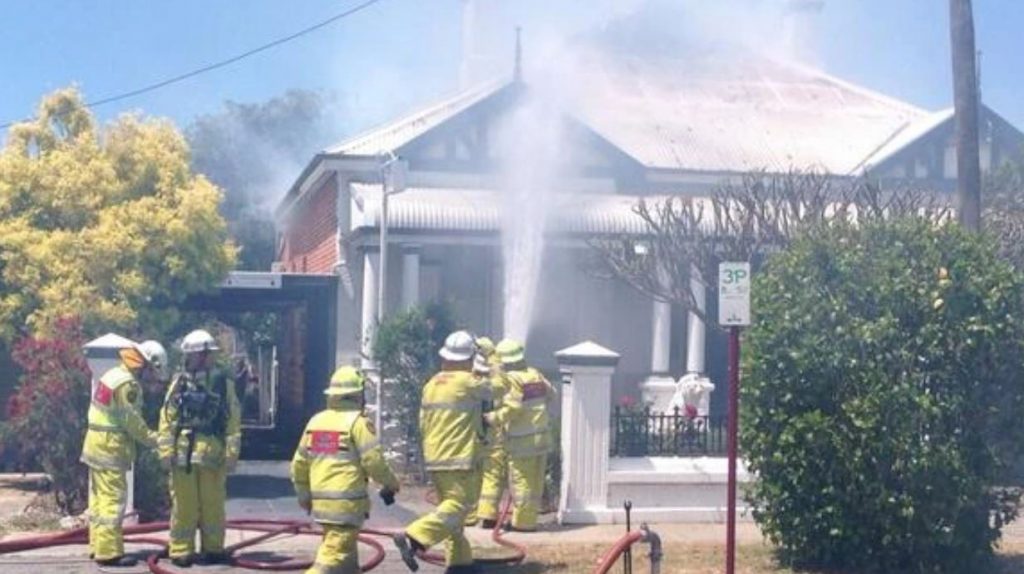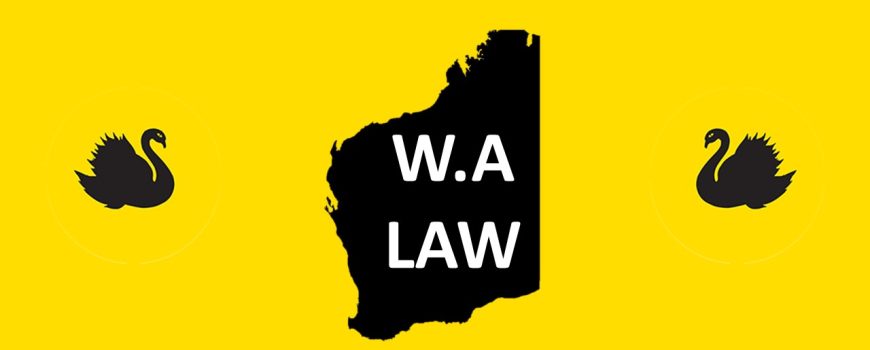Smoke Alarm Laws In Western Australia
Smoke alarm laws in Western Australia are derived from the;
W.A Building Regulations 2012 (division 3) which enshrine Building Code of Australia smoke alarm requirements.

W.A Building Regulations 2012 – Smoke Alarms
In 1997, 240v hardwired smoke alarms became compulsory in Western Australia for all newly constructed residential buildings (or residential building extensions). From 2009 onwards this was extended to also include all existing residential buildings, prior to their transfer of ownership, rent or hire.
In Western Australia smoke alarms must;
- be positioned according to the requirements of the Building Code of Australia
- comply with Australian Standard 3786:2014
- be permanently connected to consumer mains power (i.e. 240V hardwired)
- be interconnected, if your home was newly built after the 1 May 2015.
- be less than 10 years from the date of manufacture
Can I Use Battery Smoke Alarms In Western Australia?
Yes you can – W.A Building Regulations 2012 allow the use of 10 year non-replaceable battery powered smoke alarms in certain situations. This may include where mains power is not connected to the building, there is no hidden space to run the necessary wiring for mains powered alarms, and there is no appropriate alternative location – for example, where there is a solid concrete ceiling. It should be noted that formal approval must be obtained by the local council to use 10 year non-replaceable battery powered smoke alarms in these situations.

Perth house fire – Western Australia
Smoke Alarm Laws In Western Australia Rental Properties
Landlords renting or hiring out their property are required to maintain the smoke alarms by law. This includes ensuring that the smoke alarm is;
- in working order;
- compliant to Australian Standard 3786;
- connected (hard wired) to 240 volt mains power;
- less than 10 years old from date of manufacture;
- if the use of a battery powered smoke alarm has been approved by the local council, the alarm has a non-removeable 10-year life lithium battery.

A direct link to the Western Australian government website is posted below if you would like to read the full legislative document for yourself.

Want to know more? Watch our ZEN quick start video or call us on 0478 596 402 today
We love talking smoke alarms!
ZEN Photoelectric Smoke Alarms
New Farm, QLD, 4005

